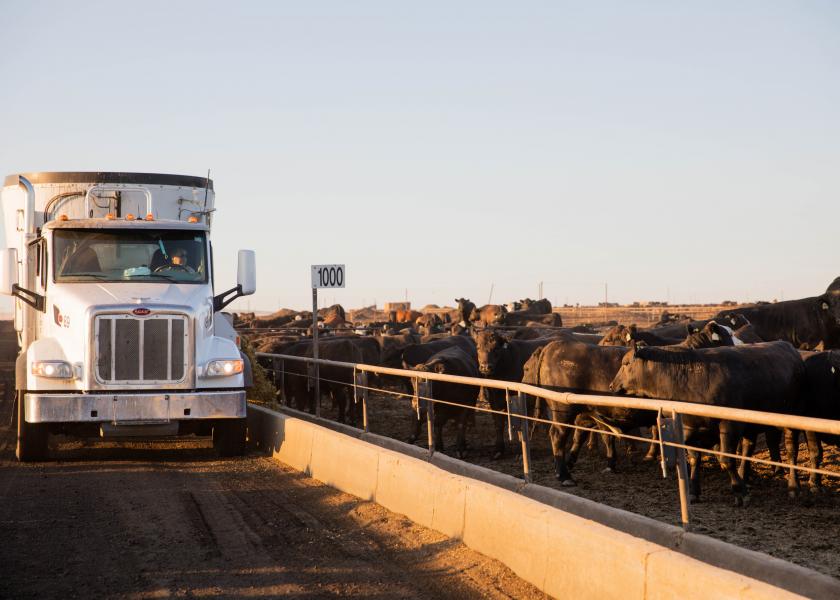Government Interference Will cost Producers Billions, NAMI Says

Current proposals for legislative action that would increase government intervention and mandates in the U.S. cattle industry will cost producers billions of dollars. That’s according to an analysis by livestock economists published in an extensive report titled “The U.S. Beef Supply Chain: Issues and Challenges,” the result of a collaboration with Texas A&M’s Agricultural and Food Policy Center, national experts and the U.S. Department of Agriculture.
The report was released just two days before the U.S. House Agriculture Committee holds another hearing to review the state of the livestock industry. In an unusual move, House Ag Committee Chairman David Scott (D-GA.) has called on Iowa senator Chuck Grassley to testify. Grassley and senator Jon Tester (D-MT) are co-sponsors of a bill that would require packers to buy at least 50% of their weekly cattle needs in negotiated cash market.
In a statement issued Tuesday, North American Meat Institute president and CEO Julia Anna Potts affirmed that her group opposes any government intervention such as the Grassley-Tester bill, and she said it should be no surprise that the Texas A&M analysis reflects the expert testimony delivered at three Congressional hearing this year.
“Supply and demand have the most influence on the price of cattle and goods for consumers,” Potts said. “The Texas A&M book went one step further and examined current legislative proposals and found these proposals’ unintended consequences will harm those they are meant to protect: cattle producers. This book should be required reading for Members of Congress who want to help livestock producers and consumers.”
One significant finding in the Texas A&M report was regarding government mandates included in proposed legislation (called the 50/14 or 30/14 proposals) to require minimum negotiated cash market purchases. Dr. Stephen R. Koontz, Professor in the Department of Agricultural and Resource Economics at Colorado State University found:
“The short-term impact for a policy most like that being considered is a $2.5 billion negative impact in the first year and a cumulative negative impact of $16 billion over 10 years, inflated to 2021 dollars. This cost is leveled mainly on cattle producers,” said Koontz. “The 50/14 proposal would have these negative impacts and the 30/14 would have similar negative impacts albeit approximately halved.” (Page 104)
NAMI noted that similar to the experts and economists who have testified before Congress, the book’s introduction contains this warning:
“In the meantime, we would urge extreme caution in making changes to a system that has grown organically over time to reward high-quality beef production in a way that acknowledges regional differences throughout the country.”
In addition to Senator Grassley, tomorrow’s House Ag Committee hearing will include:
- Agriculture Secretary Tom Vilsack
- Todd Wilkinson, Vice President, National Cattlemen's Beef Association, DeSmet. S.D.
- Francois Leger, owner, FPL Food, on behalf of the North American Meat Institute, Augusta, Ga.
- Scott Blubaugh, president, Oklahoma Farmers Union, on behalf of the National Farmers Union, Tonkawa. Okla.,
- Scott Hays, vice president, National Pork Producers Council, Monroe City, Mo.
- Brad Boner, vice president, American Sheep Industry Association, Glenrock, Wyo.







